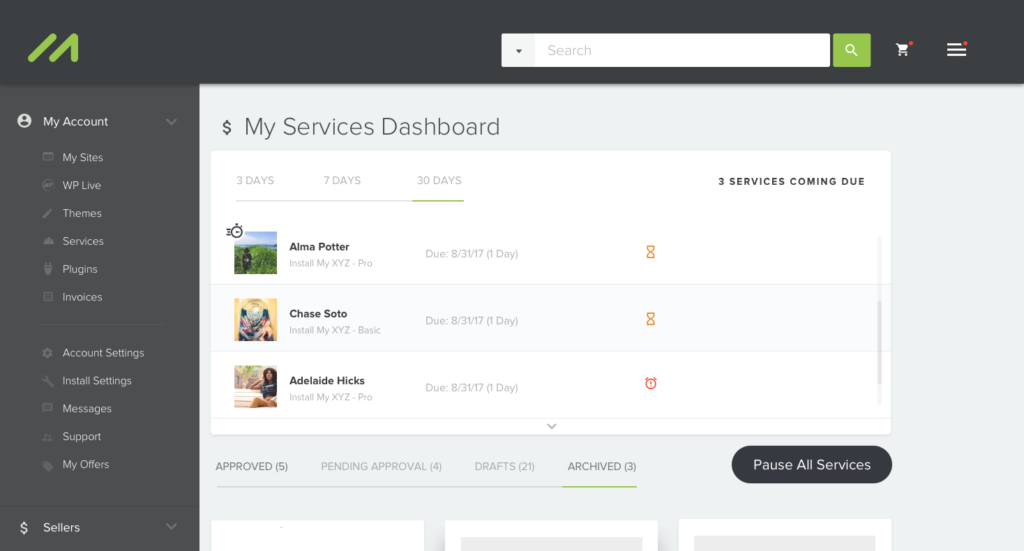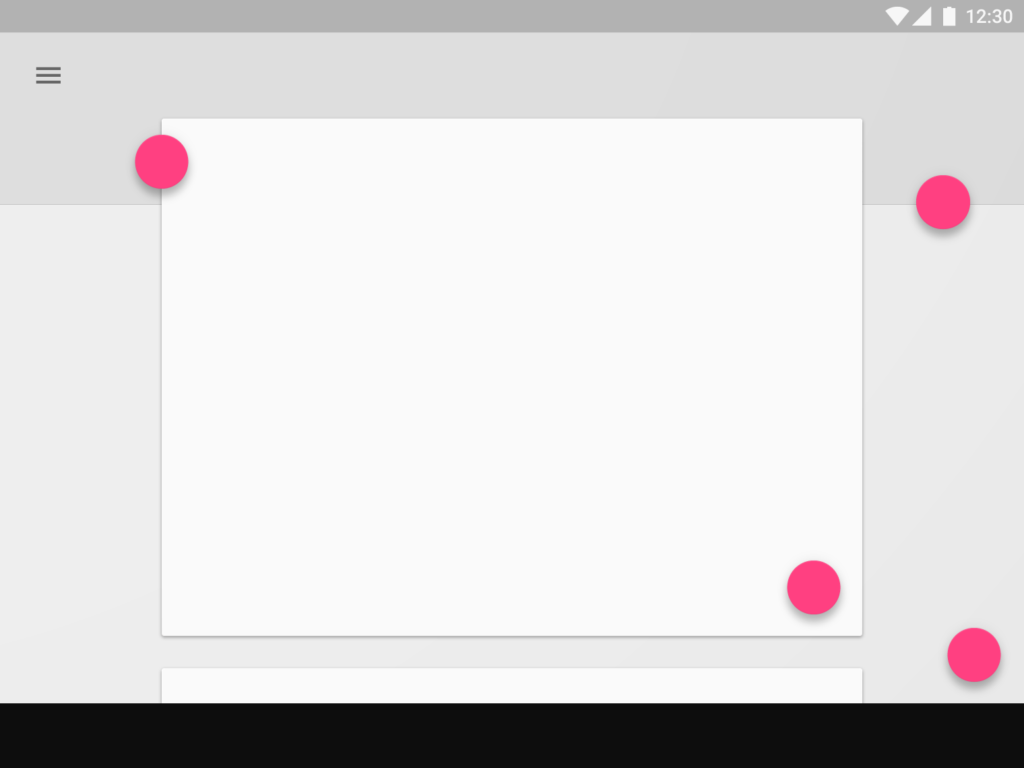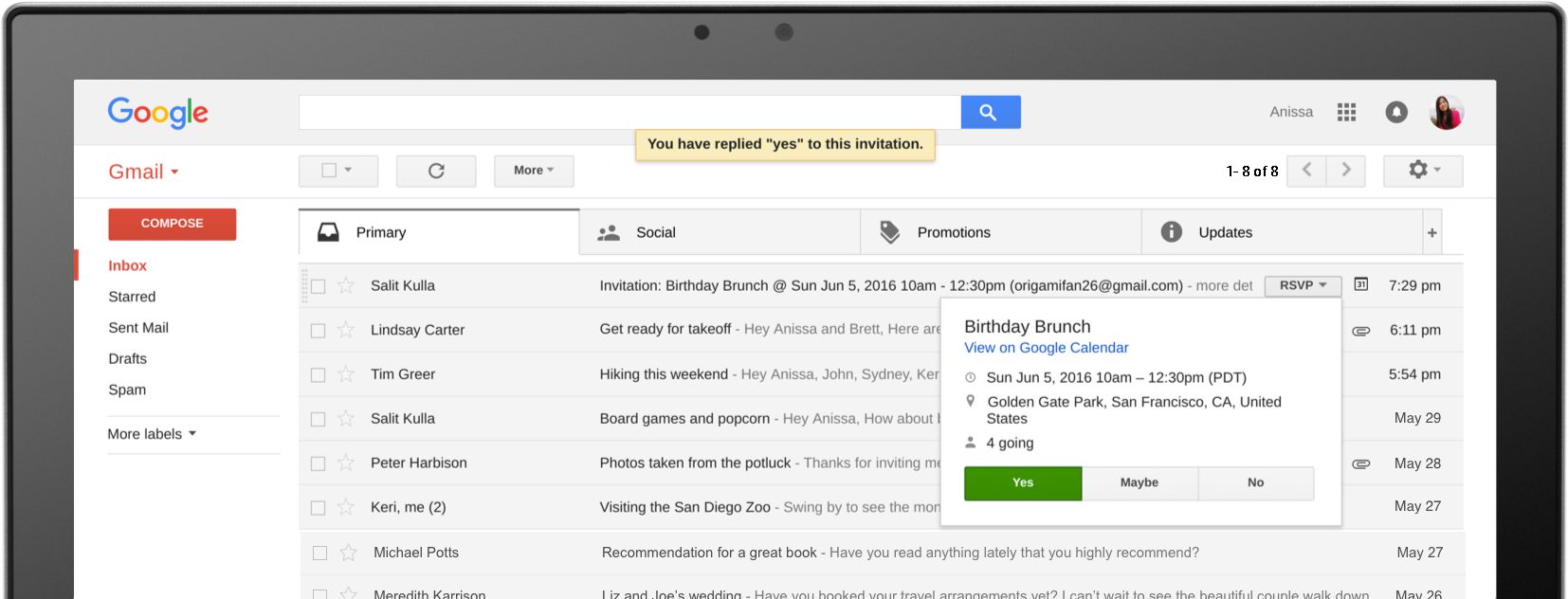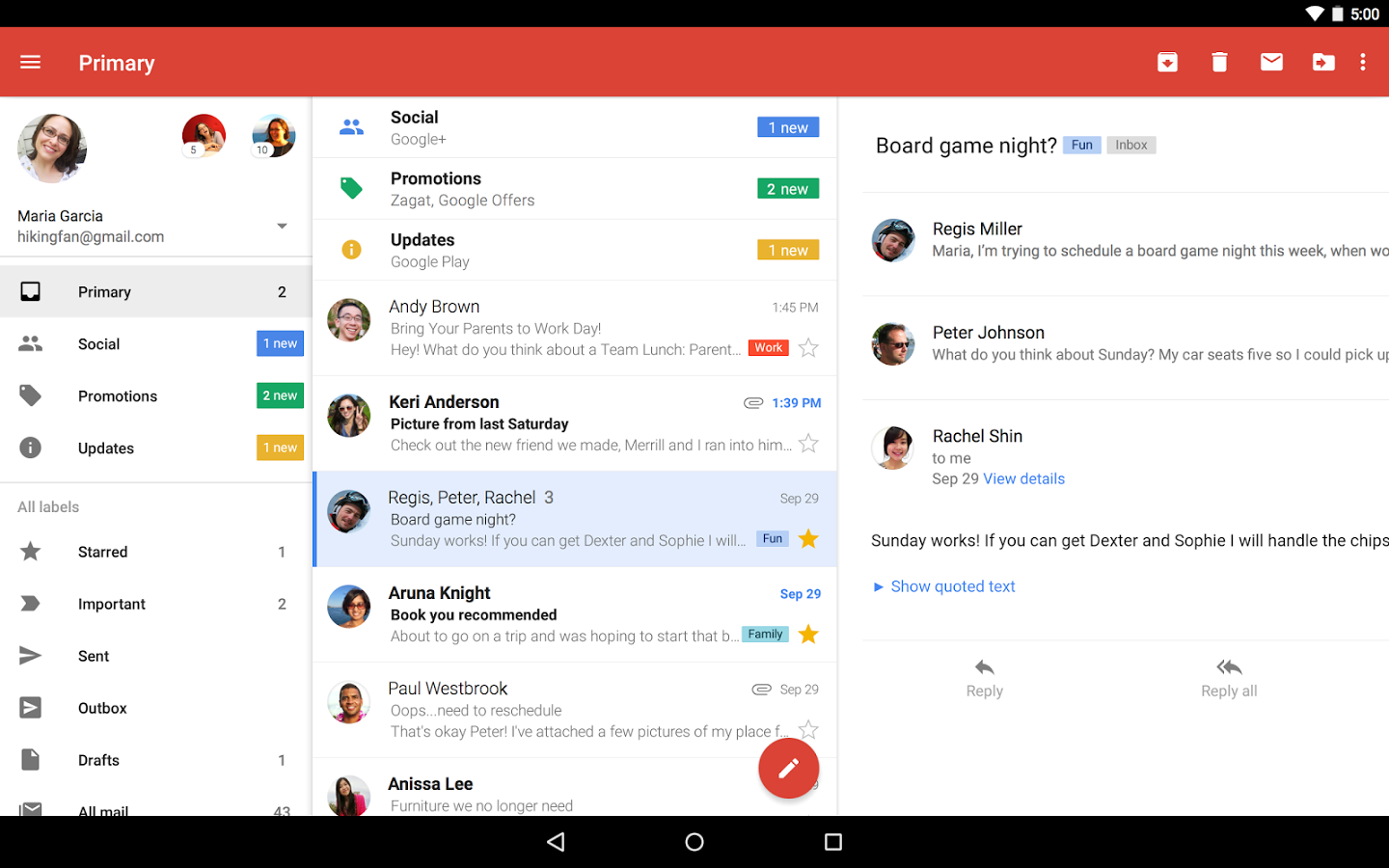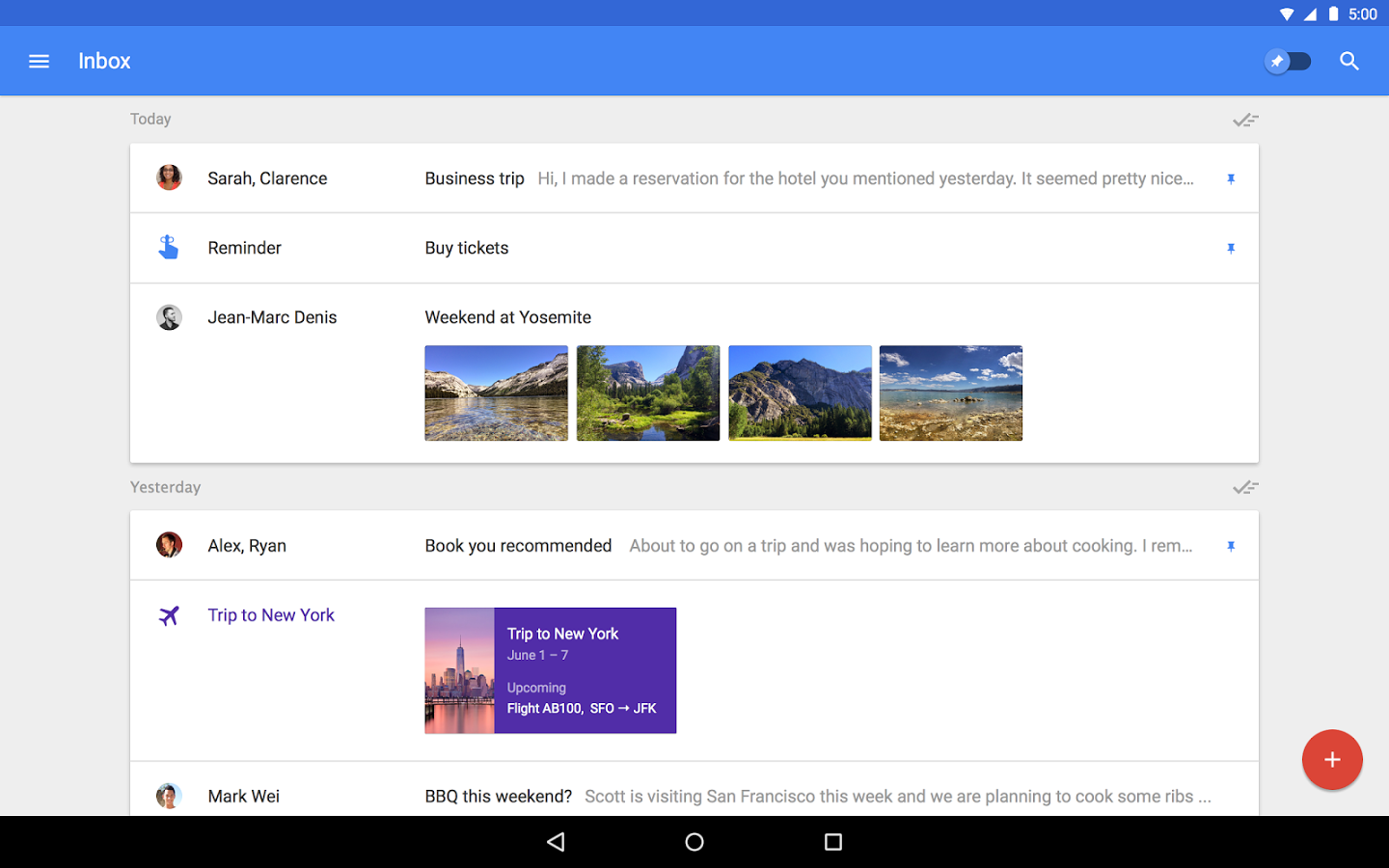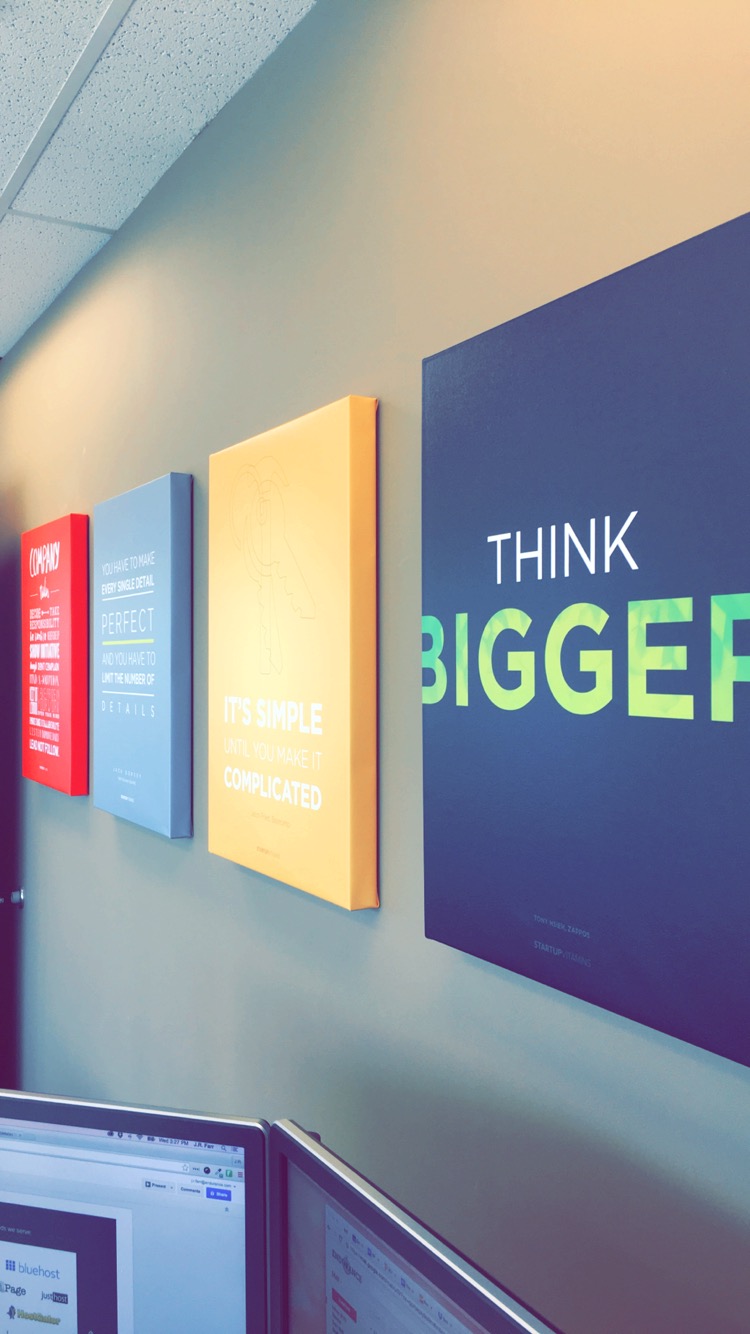I
can’t really explain why but I’m suddenly back to a time where I was so into blogging and telling my journey online. Sharing where I was going professionally. I miss the story telling. I miss those keyboard warriors telling me how hard everything is going to be. I miss the haters. I miss the support from friends all over the globe. With everything I’ve had going on, I haven’t had a desire to write openly for quite some time. Plus, since my company MOJO was acquired almost 4 years ago, me and the team have been head down building on top of what we started. Lately, however, I’ve been doing a lot of work on the vision & strategy on where I take MOJO next and maybe that’s why there’s this sudden desire.
I’m excited. I’m terrified. I’m eager. I’m all the above for the future.
Over the past 7 years of running MOJO, I have experienced ups & downs. I hope by recapping and writing the next phase of that journey it may help me process my thoughts. Hopefully along the way I bring value to someone in the same boat.*For all those entrepreneurs looking for some motivation
Before we talk about the future, let’s recap.
I referenced the last 4 years but there’s so much more to the story than the last 4 years when it comes to MOJO. Here’s a quick overview of what I’ve been doing with MOJO since it all began.
2008
It all started when I registered WordPressThemeMarketplace.com. The concept was more of “Etsy for WordPress”. Along with this idea, my brother Clayton and I thought it would be cool to register WebHostingReviews.com, among others.
How did that end? We let them expire. Oops, big mistake. Haha.
After a little under two years of playing around with concepts it turns into MOJO Themes as a project to sell premium WordPress themes.
2009
Towards the end of the year MOJO Themes pivots for the third time into a buy & sell marketplace for themes.
Why a marketplace instead? I didn’t feel like I had the chops to design & develop the best themes. The last 5 years had been spent working at an ad agency where all I did was work with Google, learning adwords, SEO, affiliate marketing, conversion testing, etc. and I was damn good at it. I knew using those skills I could help other talented creative professionals sell their work on the marketplace.
I pitched Brady Nord at coffee shop about the idea. He joins as co-founder of MOJO, the glorious little green monster comes to life and the entire marketplace starts being built from the ground up.
2010
MOJO Themes finally launches to the world. Little did I know, I just entered the internet with the worlds hardest business model and we were tasked with building a two-sided marketplace.
How do we solve the chicken or the egg problem?Oh shit moment…
It was a long, drawn out process and the formula was simple. Wake up, work hard, sell potential designers & developers on why MOJO, wash, rinse, repeat.
One thing we did before launching in March 2010 was we developed a marketing campaign around the new and upcoming Apple product we all now know as the iPad. We called the campaign “March Padness” and put together enough cash to buy 3 brand new, shiny iPads. The top 3 sellers who uploaded the most items for the launch of the marketplace would win a brand spankin’ new iPad. Within just a month, we had close to 30 items on the marketplace and we were ready to open the doors.
In 2010, we launched, built the first designer and developer collaboration system called Joint Forces, released an affiliate program and we were close to hitting our first 10,000 users. We also had Isaac, Nick, Mike and Will join as an integral part of the team who are still with MOJO today. 😉
2011
Swinging into the new year and fresh off our very first annual Cyber Bundle we were feeling pretty confident about what we had already accomplished in the last year. We decided to take the money from the previous years bundle and use it to hire Brian Hoff to redesign the entire marketplace. Boy oh boy, was the final design gorgeous.
In 2011 we grew by 612% year over year.We were doing something right
It’s one of those decisions where if I were asked 100 times to do it, the answer would always be yes. It created a lot of buzz for us and we finally launched V2 of MOJO Themes in April 2011 along with our first Anniversary Bundle. The next 10,000 users came on board within just another 4 months. We of course ended with our second annual Cyber Bundle and capped off another great year.
2012
Like the year before, we hit the ground running. By the middle of the year we had already hit close to 50,000+ users on the marketplace and things were moving along as we planned. As good as this year ended there was a hard lesson we also learned.
LESSON #1: In short, stay focused on what your “north star” is. Don’t get distracted.
Understand your ultimate goal and make every decision based off that. It doesn’t mean you can’t pivot but stay focused. Here’s what happened to us.
For starters, the team had decided to explore building some SaaS and application based WordPress products. We built one of the first drag and drop builders, we launched a theme for affiliate marketers that ended up selling over 5,000+ times in 7 days (oops), we were signing up beta users on our first version of Managed WordPress Hosting for marketers, we bought ProPhoto Theme from 8bit, we were building an event based WordPress theme, we launched a few content/tutorial sites around WordPress & Magento. Oh and we launched our second marketplace, MOJO Code. Meanwhile, we were running one of the largest WordPress theme marketplaces along the way. I say all of this, not because it’s some great accomplishment but I think if everyone on the team could go back, we would choose to stay focused on initial vision. We got sucked into a lot of other product launches and ideas that took us away from our core.
With all that being said, this was also the same year we were approached by GoDaddy and Endurance International Group about an acquisition. By the end of the year, we had tripled revenue year over year and went through a full acquisition with EIG and signed News Year Eve. It was an exciting time for all of us and we were eager to get started on the next phase of the company.
Why did we stay after getting acquired? It hadn’t even been a full 3 years since launching our brand. We had reached a lot of our goals but now being part of a company like EIG, we were more than excited to take the brand to whole new level and we were of course incentivized to do so.
2013
Entering our first year post-acquisition, MOJO Themes becomes the first and only recommended WordPress Theme Marketplace on the homepage of WordPress.org.
At this point MOJO Themes is well over 100,000+ users but our focus quickly turned to how we figure out how to navigate EIG’s house of brands and how we integrate our platform and community into it. We would ultimately launch the new brand of MOJO, now known as MOJO Marketplace. The new name allowed us to expand to more than just themes and would be the name to take us into the future of the brand and platform.
Within the first year, we integrate with Bluehost and various cPanel brands.
2014
By year two, our next goal was to integrate into the second phase of the brands by launching MOJO Marketplace across another set of brands. We would eventually launch across another 30+ brands including iPage, FatCow, Domain.com and more.
We also launched a new product line with WordPress services for our customers. These would include basic setup services to complicated site migrations for WordPress customers. We also started the first version of the MOJO Marketplace WordPress plugin in preparation of launching the marketplace natively inside WordPress itself.
2015
Now onto our third year, we had another challenge of further integration. This years being none other than HostGator.
We would also kick off the future of development of the platform API’s in preparation for improved integrations into the brands. We would see the WordPress micro services explode into a big part of the MOJO business this same year.
2016
Ah yes, year number four. We’re actually getting pretty close to the time of this post at this point which is October 20th, 2016.
At this point, we’ve integrated into all the brands, we’re managing all of the 1-click installs, installing close to 200k+ WordPress installs a month, over 1M+ monthly active users on our WordPress marketplace, what was the plan for this year?
Along with all the success, it has come at a price and another hard lesson learned. With all of our efforts focused on integrating into to other brands, we let the MOJO brand sit by the way side.
LESSON #2: Looking back, I wish we would have continued our work with the MOJO brand in parallel with our internal integrations.
All in all though, 2016 was the final year of head down work in preparation for everyone to see what MOJO has grown to be. We may not have talked a lot about what we’ve been working on or invested as much as we should have in the MOJO brand itself but we needed to lay the foundation. We still have a lot to show for it and now we’re coming into 2017 like a Mike Tyson punch.
Today, MOJO Marketplace is a leading marketplace with 5.5 million users. The platform connects buyers to 7,500+ digital goods and services from designers and developers across the globe.
2017
So to recap the recap, we’ve gone from little green monsters, “oh shit” moments, Mike Tyson, and now we’ve entered the future. I can’t even begin to explain how excited I am to start sharing what we have in store for MOJO Marketplace.
We have had so much focus inside of the EIG brands and let the MOJO direct brand become almost stale. That’s enough of that. There’s so much we’re wrapping up as we head into 2017 and I’m so excited for the team to see all the hard work and patience payoff.
SIDE NOTE I gotta be honest though, it feels good to finally have something to point to when people ask “what have you been up to?”.
Anyway, who’s got their MOJO back after reading this post? I know I do.


